What is the best way to lose weight?
What should I be doing to get rid of my tummy?
How can I tone up?
As a PT, these are just a few of the questions I get asked. And this comes not just from clients that pay me to help them achieve their goals but also friends and family.
It is so confusing working out what to do for the best when there are so many different diets, exercise plans and health related advice bombarding us from all directions – from industry experts to celebs to our nearest and dearest. Keto, meal replacements, 5-2, intermittent fasting…and whatever is the newest trend.
Here are some of the main things I’ve learnt – both from research and my studies over the last few years and also from the experience I have gained from working with and talking to women about their lives, challenges and goals.
1. If you are constantly on and off a diet, it’s not working, And what’s more, it will mess with your hormones and metabolism which will make it very likely that your weight will keep creeping up over time. If you find that every few months you have to go on a “plan”, then the plan isn’t really working for you and you may do better making some small lifestyle changes that you can stick with. Wouldn’t it be nice to never have to go on a “diet” ever again!?
2. Calorie counting is not the answer. Yes the key to weight loss is to expend more calories than you take in so you might be thinking that of course calorie counting will help you to keep track. But the trouble is our bodies all digest, absorb and process foods very differently so you can never really be sure how many calories your body is actually taking in or how many calories you really burn on a workout. Instead my advice to you is this:
- Know your portion sizes (hint – most people are eating too much)
- Cut back on the processed foods and alcohol
- Load up on vegetables and fruits
- Look after your gut health. This is something I hadn’t really thought about but the more I learn, the more I realise how important a healthy gut is to simply make everything work better. If you want to know more about this – here is a good article that shows what sort of things help or hinder your gut health: https://www.eatingwell.com/article/2059033/best-and-worst-foods-to-eat-for-gut-health/
3. The best exercise to do is the one you can do consistently. In an ideal world, a mixture of cardio exercise, resistance training twice a week combined with stretching and relaxation works really well for most people, but if this is not realistic for you or you simply hate it, then just try to move your body in a way that works for you. SOMETHING is always better than nothing. (See my blog on consistency for more on this).
4. Sleep can make or break your goals. Without enough good quality sleep, you will lack energy, motivation and focus, as well as feeling hungrier – so you will most likely move less and eat more (and eat more processed food because, well, it’s just easier right?).
5. Most people generally know what they should / shouldn’t be doing. Perhaps not all the ins and outs, but on the whole, people know they should move a bit more, eat a bit less or a bit better and get more sleep. The REAL issue is in making it happen. Whether that is finding the motivation to exercise, or finding ways to fit it all into a busy schedule. Work and family commitments can make it hard to find time and/or energy to exercise or to eat well. And thinking about it can seem totally overwhelming. Where do you even start? I advise all my clients to identify one or two really small positive changes they could realistically make and just focus on those. Trying to do it all at once is just too much and unlikely to be sustainable. Focus on the SMALL WINS – and work from there.
So my key messages are:
Fads come and go, but the basics still work.
Slow and consistent is by far the best approach.
Focus on the small wins as you go.
And if something seems too good to be true, then it probably is!!





